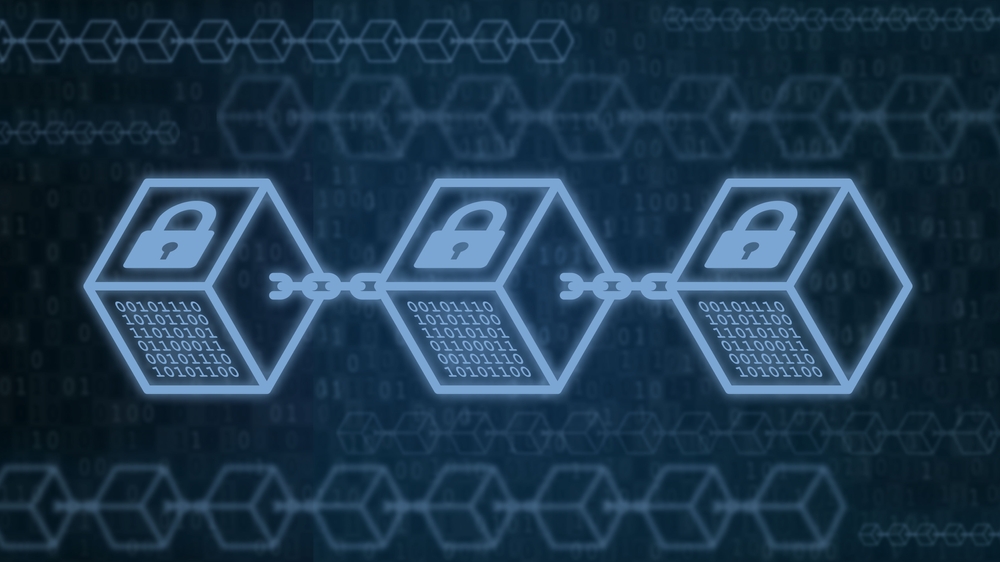One well-known use case of blockchain is digital currency, most notably Bitcoin. But what exactly is the blockchain, and what are some of its other essential use cases now and in the future, especially in blockchain ETFs?
What is Blockchain?
Blockchain is a ledger that stores transactional records, known as the “block,” on a “chain” network as a digital ledger. Every transaction in the catalog is authorized by the owner’s digital signature, which authenticates the transaction and safeguards it from tampering, making information on the digital ledger highly secure. The blockchain is much like a Google spreadsheet shared among numerous computers in a network. Everyone can see the data, but it is “read-only.”
There are several types of blockchains. The blockchain that most of us are familiar with is the public blockchain. Bitcoin and other digital assets originated on public blockchains on a distributed public ledger. It is spread across a peer-to-peer network rather than being stored in a single location. The consensus algorithms for verifying information authenticity are proof of stake (PoS) and proof of work (PoW).
Public Vs. Private
But not all blockchains are public. Private blockchains operate on closed networks for private businesses and organizations. There are also permissioned and private blockchains that can be permissioned for authorized individuals.
Hybrid blockchains combine public and private, with some parts being public and transparent. Other features are only visible to authorized participants, keeping sensitive data confidential.
Consortium blockchains are similar to permissioned blockchains. They have public and private elements, but multiple organizations manage a single consortium blockchain network.
Finally, sidechains are different blockchains that run parallel to the main blockchain. Sidechains can be used to create decentralized applications and implement specific consensus mechanisms. Sidechains can also handle transactions of the leading blockchain to reduce congestion and increase scalability.
Blockchain layer solutions build multiple layers of the blockchain on top of each other. Each layer can have its consensus mechanism, rules, and functionality but interact with different layers. For example, the Lighting Network, built on top of the Bitcoin blockchain, is a second-layer solution that enables faster and cheaper transactions by creating a payment channel between users.
Many Applications of Blockchain
Beyond cryptocurrency, many industry applications are benefiting from distributed ledger technology, as depicted in the graphic below. They include banking, payments, supply chain, food safety, real estate, and insurance. Blockchain could even be used in elections to help secure and verify election results.

So, while Bitcoin needs the Blockchain, the Blockchain does not need Bitcoin. It is a disruptive technology of its own.
ETF Plays on Blockchain
The first blockchain ETF, the Amplify Transformational Data Sharing ETF (BLOK), is coming up on its sixth anniversary. Many of the early blockchain ETFs have funny names because when they launched, they did not meet regulatory name test rules for “blockchain,” as there were few “pure-play” blockchain companies at the time.
In this case, the name-test rule requires that 80% of companies derive material revenues from blockchain applications. BLOK is actively traded and remains the largest blockchain ETF at $486 million in assets under management. Besides blockchain and blockchain-related plays, it can also hold crypto ETFs traded on non-US exchanges.
There are now 13 ETFs in the VettaFi ETFDatabase Blockchain category. Among the ETFs with more than $50 million in assets that focus on blockchain or some blend of blockchain and cryptocurrency is the First Trust Indxx Innovative Transaction & Process ETF (LEGR), another early fund subject to the naming rule. It has just under $100 million in assets.
Other large ETFs include the Bitwise Crypto Industry Innovators ETF (BITQ), the Global X Blockchain ETF (BKCH), the Siren Nasdaq NextGen Economy ETF (BLCN) and the VanEck Digital Transformation ETF (DAPP).

